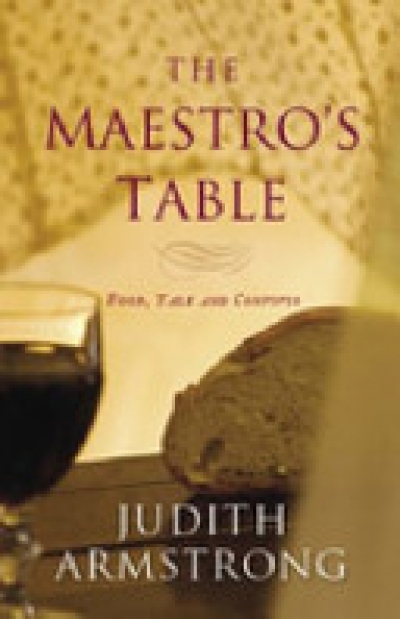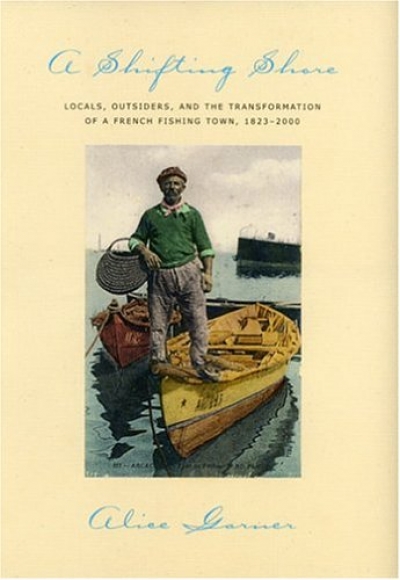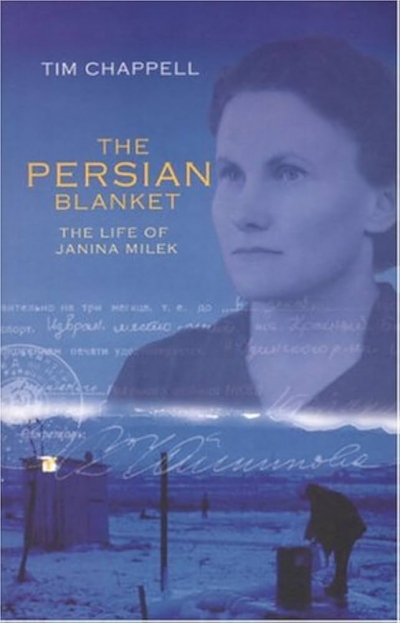So here we are. A house in Dosson, a village ‘almost joined to’ Treviso, which in turn is not far at all from Venice. A casa aperta, an open house, one to which friends and colleagues of the owner, a well-regarded musician, are drawn, not only by their confidence that a simple permesso will ensure welcome but because the owner ‘believes implicitly in the civilising effects of hospitality’. The maestro wants his friend to write a book. It will be about ‘music and art and culture and my friends and food and where I live’. He loves to cook and obliges the appointed scribe with a list of kitchen accoutrements, which will cover all occasions. It is admirably short and begins with ‘3 pots (one big one for 10 people, one medium one for 6, one little one for 2)’. Thoreau’s central explanation of his furniture comes to mind as a rejoinder to a casa affollata: ‘I had three chairs in my house; one for solitude, two for friendship, three for society.’ The book will include recipes, the writer decides, and it does. She tells the reader, ‘Maybe the book will get sorted out, maybe not.’
...
(read more)




